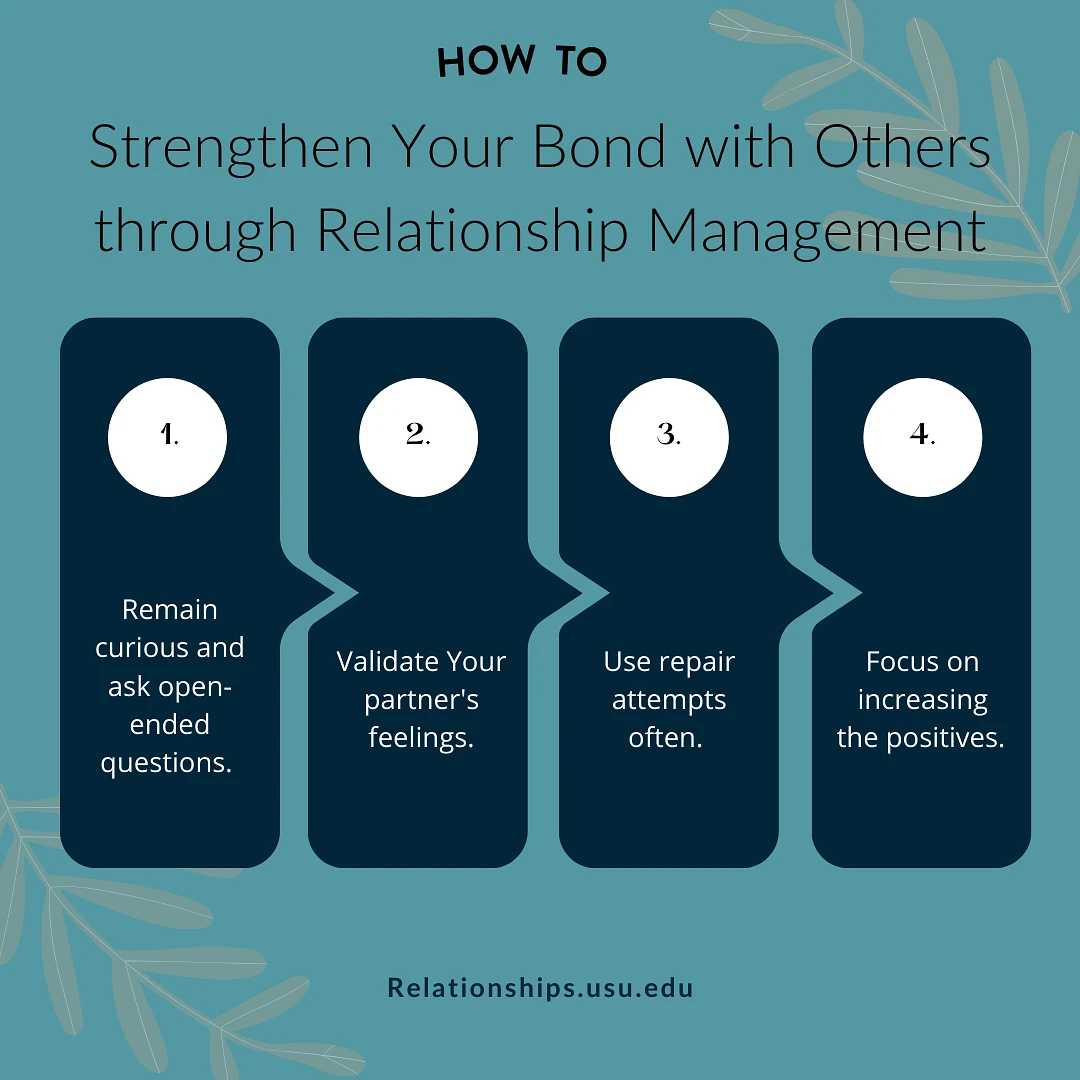Successful parenting requires a high level of commitment, consistent effort, and emotional maturity. While it can be challenging to not feel guilty for taking time for self-care, we can’t effectively offer love, support, and connection when we are tapped out. Fatigue and burnout both greatly hamper our abilities as parents to connect with our children and to be emotionally available and present in their lives. Conversely, taking time for proactive self-care can help us create conditions necessary for deep, mutually fulfilling connections with ourselves and others (Gottman & Silver, 2015).
Consider the following strategies for self-care:
Meditation and mindfulness: Regular mindfulness or mediation helps individuals to respond to daily stressors more calmly (Behan, 2020). One way to practice meditation is through the app Headspace (free version available). Or, check out this introduction to meditation bit.ly/3khU9X2
Enjoyable physical activity: Exercise has positive benefits for physical and mental health, including increased brain function, improved energy, improved sleep, and much more (Mandolesi, et al, 2018). If you are a social person, it may be helpful to choose a group exercise activity such as a sports league or fitness class. If you are an introvert and need alone time, you can choose an activity that doesn’t require a partner.
Adequate nutrition: Eating healthy is affected by many factors, including our stage of life, personal situations, preferences, access to food, culture, and traditions. Everything you eat and drink matters. The right mix can help you be healthier now and in the future. Consider these ways to improve your nutrition:
- Focus on variety, amount, and nutrition
- Choose foods and beverages with less saturated fat, sodium, and added sugars
- Start with small changes to build healthier eating styles
See more information at MyPlate Plan.
Sufficient sleep: Insufficient sleep can contribute to a myriad of problems (APA, 2020). According to leading sleep researchers, there are several techniques to combat common sleep problems. Some examples include, limiting or avoiding caffeine, alcohol or smoking, having a set bed time each night and discontinuing the use of screens 90 minutes before bed. For additional tips see apa.org/topics/sleep/why.
Time dedicated to personal interests and friends
Free time has often been viewed as unnecessary or optional. However, research indicates that when time is spent regularly engaging in self-selected activities, there is a benefit to both our physical and mental health. Some examples of these include recreational activities, leisure activities (napping, reading, etc.), and hobbies.
How to improve your efforts in self-care
While all of these areas are important, self-care, like parenting, is a lifelong effort. It can be overwhelming to address each of these areas at once. Consider these tips to improve self-care without becoming overwhelmed:
- Identify what you need. The Self-Care checkup found here can help you identify an area to focus on first.
- Choose one specific thing that you want to work on.
- Don't "should" yourself.
- Make a plan that is realistic to your life and circumstances.
While it can be challenging to find time for self-care, as you do so, you will not only have increased personal well-being, but you will also have increased energy to stay on top of your parenting game.
References
American Psychological Association (2020). Why sleep is important. apa.org/topics/sleep/why
Behan, C (2020). The benefits of meditation and mindfulness practices during times of crisis such as Covid-19. Journal of Psychological Medicine, 37(4), doi: 10.1017/ipm.2020.38
Gottman, J. M, & Silver, N. (2015). The seven principles for making marriage work. Three Rivers Press.
Mandolesi, L, Polverino, A., Montuori S., Foti, F., Ferraioli G., Sorrentino, P., and Sorrentino, G. (2018). Effects of physical exercise on cognitive functioning and wellbeing: Biological and psychological benefits. Frontiers in Psychology, 9, 509. frontiersin.org/articles/10.3389/fpsyg.2018.00509/full
doi.org/10.3389/fpsyg.2018.00509
Skip past news feed


